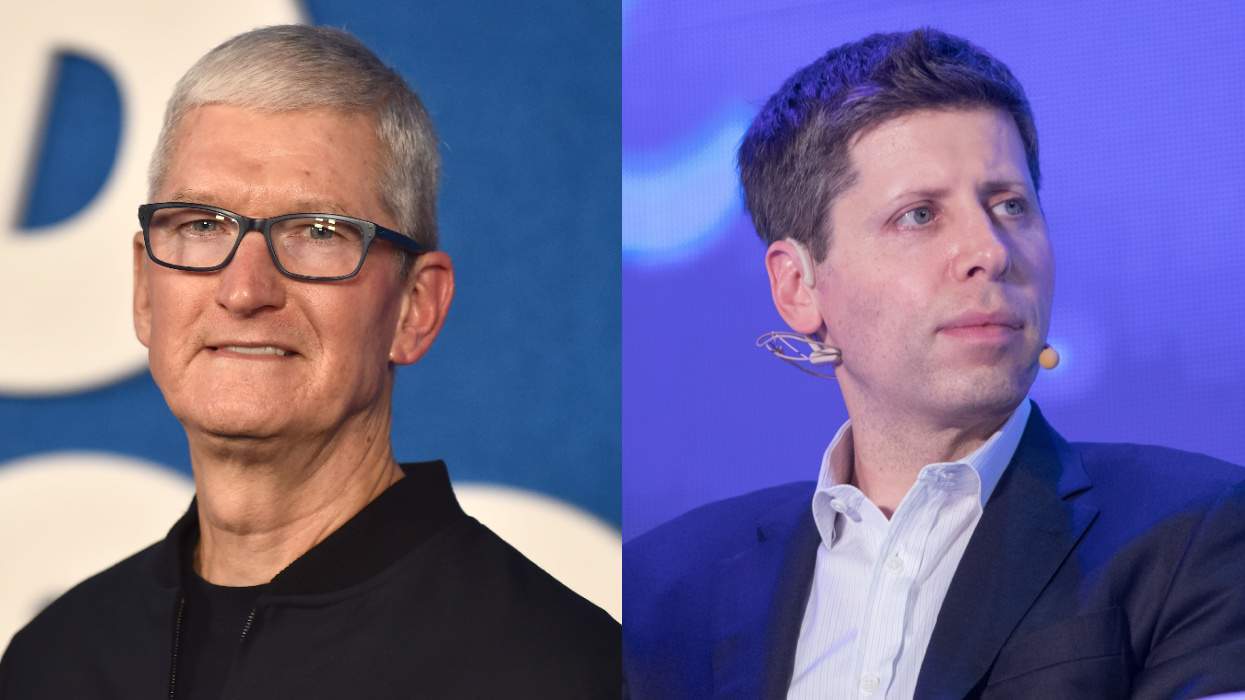Amidst all the controversy surrounding its seasonal red cups, coffee giant Starbucks is taking a stand for LGBT inclusivity by turning 97 of its Seattle-area locations into what can be best described as "LGBT safe spaces."
According to the Seattle Times, the popular multinational coffee retailer is joining forces with the Seattle Police Department and its Safe Place Program to help train 2,000 of their Seattle employees on the proper methods of helping and responding to victims of anti-LGBT violence. Employees will also be trained on how to properly communicate with the police when it comes to reporting LGBT hate crimes, reports the The Huffington Post.
"We don't have roving bands of people assaulting LBGTQ people as we did in the '80s, but the crimes are predatory, they're picking somebody out of the herd," Jim Ritter, a gay Seattle police officer and the SPD's LGBT community liaison, told the Times about the need for the Safe Place program. "They're cowards for the most part ... they're opportunistic, they do their damage and leave. They like operating in the shadows and Safe Place eliminates a lot of those shadows."
"Starbucks has more locations than any other business in Seattle, and its name brand is recognized all over the world," he continued. "I haven't been turned down by a single business. It is heartening and reinforces that people in Seattle get it and don't support hate of any kind."
This isn't the first time the Starbucks corporation has stood in solidarity with the LGBT community. In 2011, CEO Howard Schultz canceled an appearance at the Willow Creek Community Church in Illinois after learning the church had an association with a conversion or "ex-gay" therapy program. Just last year, Starbucks aired its first LGBT advertisement, a commercial featuring drag superstars Bianca Del Rio and Adore Delano.
"We're already a part of our customers's lives and ... this is another way to be part of the community," Heather Jennings, Starbucks' Seattle regional director, told the Times. "Anyone who needs a place to go to feel safe, to call the police, we want to be there for them."















Charlie Kirk DID say stoning gay people was the 'perfect law' — and these other heinous quotes
These are some of his worst comments about LGBTQ+ people made by Charlie Kirk.